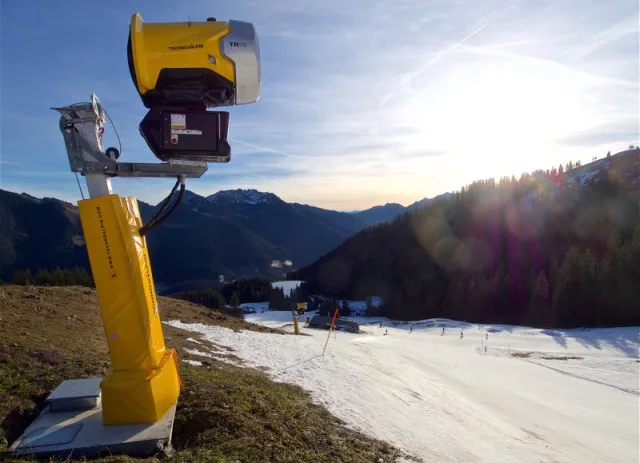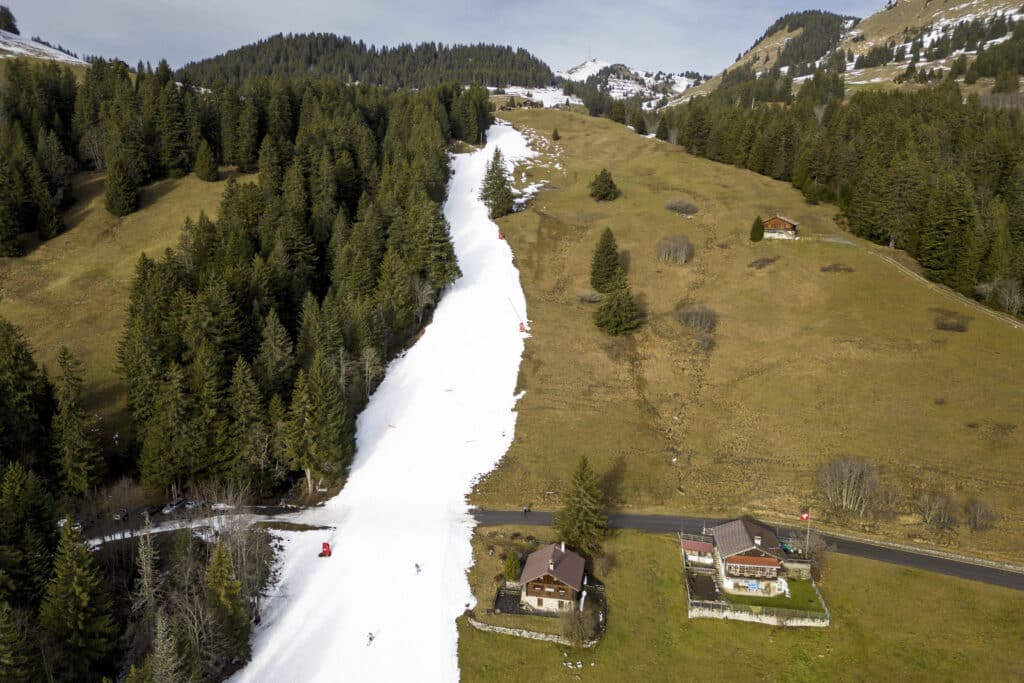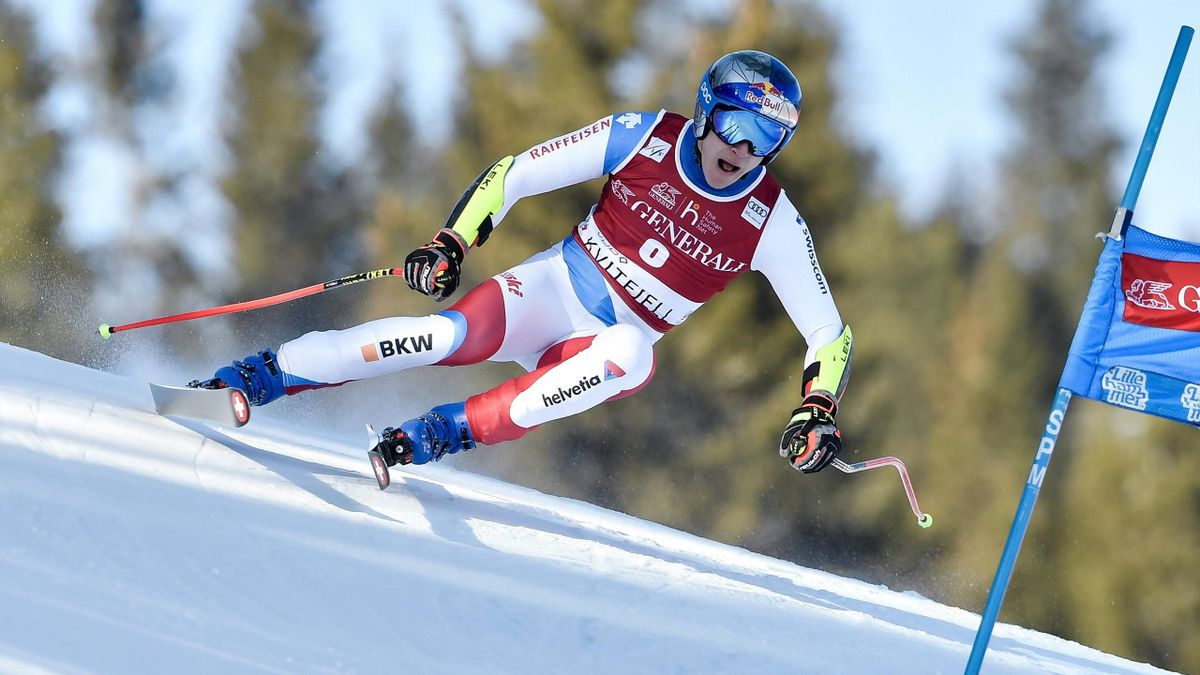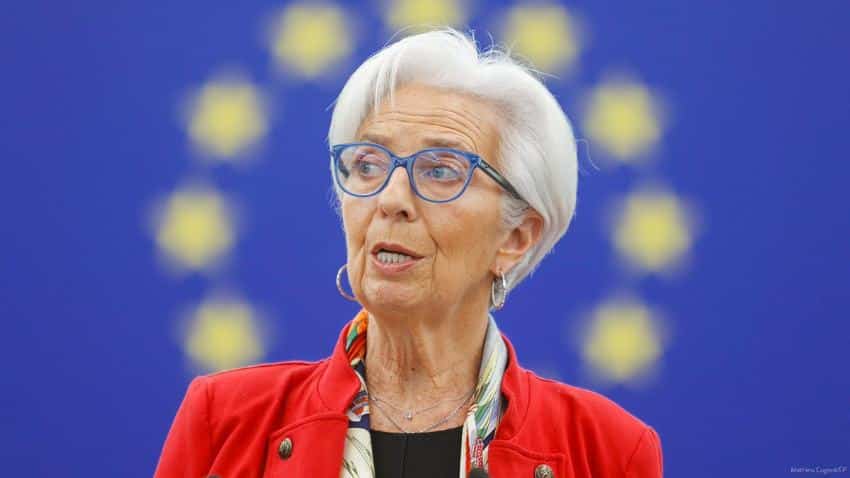Ski resorts are having a hard time in Europe and Germany due to the dry and warm winter.

Sun and temperatures up to 15 degrees during the day. The first week of the year in Germany is more reminiscent of spring days than winter. While meteorologists report a new temperature record almost every day, they draw attention to the fact that human-induced climate change brings this result.

In many German states, those who take advantage of the Christmas and New Year holidays and go skiing are disappointed. Not only in Germany, but also in neighboring countries Austria, Switzerland and the Czech Republic, most of the ski resorts have stopped their services due to lack of snow.
In addition to Germany, it is stated that in the Austrian and Swiss Alps, especially in ski resorts below 2000 meters, there are no tracks with natural snow due to melting. In many ski centers, ski slopes are tried to be made usable with artificial snow. However, the fact that the temperatures are too high for the seasons makes even artificial snow devices useless.
As a result, ski resorts are forced to stop their operations altogether, as the costs are too high and it is not profitable due to the limited number of skiers coming to the slopes filled with artificial snow.

Ski resorts in the Alps are closing due to the dry and warm winter
It is unusual for ski resorts to have to almost completely cease their activities in January in the stretches of the Alps in the south of Germany, on the border with Austria.
The livelihood of tens of thousands of businesses in the Alps is directly or indirectly dependent on winter tourism. Experts state that there may still be snowy and cold periods in the Alps Mountains due to the climatic variability experienced, but the general trend shows that ski tourism in the future, especially in low and mid-altitude ski resorts, will bring economic difficulties to businesses.

The La Nina Effect in Europe
Not only in Germany, but also in many European countries, the first days of the year were recorded as the hottest January. While temperatures rose 10 to 20 degrees Celsius above normal from France to Western Russia, the temperature was measured as 18.9 in Warsaw, the capital of Poland, and 25.1 in Bilbao, Spain.
Monthly and daily temperature records were also broken in the Netherlands, Latvia, Hungary, Romania, Denmark and Belarus. Meteorologists report that temperatures in Europe may decrease due to arctic air from the Northeast, but above-normal temperatures and very little precipitation are expected in much of the continent until at least January 10.
The event that negatively affected the European climate is the end of the weather phenomenon La Nina, which is effective in the Pacific. While La Nina pushed the warm water off the coasts to the open in the past years, the cold water at the bottom emerged more. However, now that the seawater surface temperature has dropped below average in the Equatorial region, it is causing a decrease in precipitation and an increase in temperature in the northern regions, which includes Europe.




